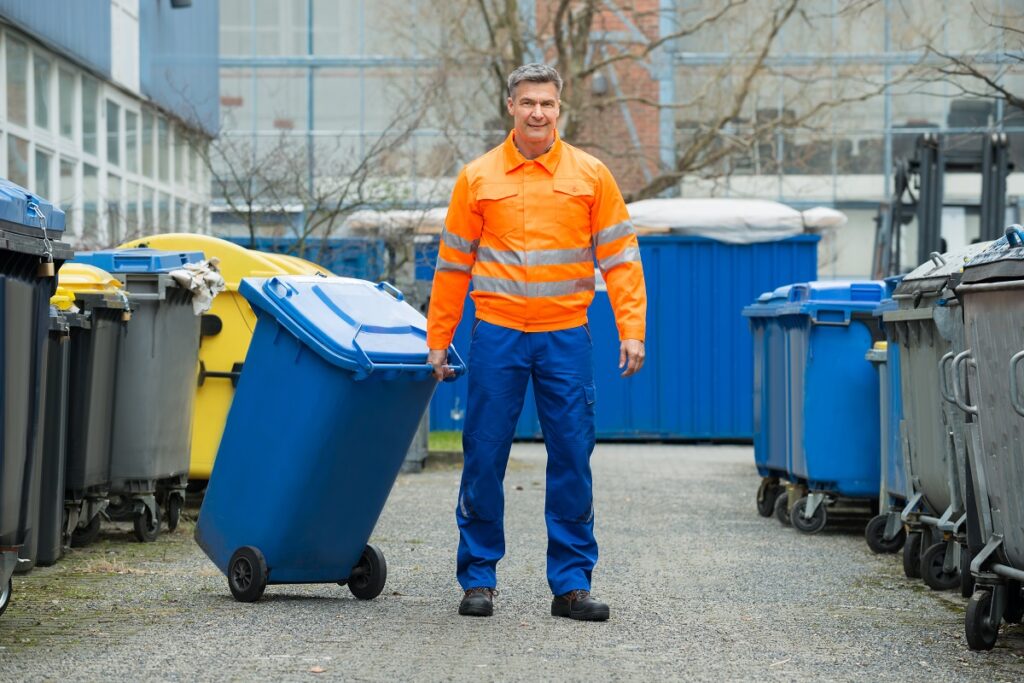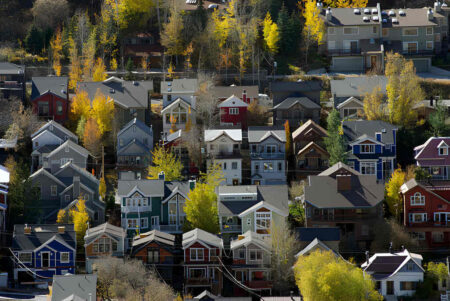Do you know that rubbish can be divided into 7 different types? Well, waste management is about collecting, processing and recycling of waste that include – liquid, hazardous, medical, construction, green, household and electronic waste. It consists of several tasks which are – waste storage, monitoring and treatment. You need to get in touch with a professional who can help with garden waste clearance for creating a healthy environment. In this blogpost, we will explain about 7 different kinds of garbage to eliminate for a clean and healthy environment.
Different types of rubbish to dispose of
- Electronic waste – Some electronic devices such as – televisions, computers, telephones, music players, vacuum cleaners generate e-waste or electronic waste. This includes all your appliances, commercial equipment and household furniture that have electronic components and battery. These may contain toxic metals such as – antimony oxide, brominated flame retardants, cadmium, mercury and lead. All electronic waste is very hazardous for the humans and environment.
- Medical waste – Clinical or pharmaceutical waste is generated by treating or diagnosing people or animals. It includes all types of biological materials that are tested or produced for research purposes. These wastes are produced by health care centres, vets, and small clinics. You need to dispose them of safely when they are not considered hazardous. Other forms of medical waste include – dressing or bandages containing dry blood, body fluids, used syringes and chemicals like formaldehyde and phenola. Medical waste is very infectious as this can be a serious threat to human health when not disposed of in a discriminate manner.
- Recyclable waste – Recyclable waste is generally found in home waste collection and it contains food and drinks containers, paper, metals, cardboard and glass. You need to be sure that these things can fit easily or not in the recycle bin. Also, waste recycling can protect the environment and control emission of greenhouse gas. All garbage should be sorted at the source for them to be recycled. Make sure you squash down bottles, boxes and cans so that you can fit more items into the bag or recycling container.
- Hazardous waste – Hazardous waste is generally regulated by the federal government which includes – pesticides, flammable liquids, aerosol cans, mercury, paints or lead, household chemicals, fluorescent light bulbs, weed killers, some dangerous pharmaceuticals, cleaners, solvents, etc. Disposing of hazardous materials in the recycling bin is not at all safe as they can be reactive, inflammable, explosive or toxic. It is risky and unsafe to humans and the environment. If you do not dispose of them in proper containers, they can pollute the air and water.
- Construction waste – This kind of waste is usually generated during building and renovation projects and seems to be bulky. It includes waste such as – carpet, pattern tiles, concrete, bricks and fill soil. You may save bricks, cement, and other materials for construction needs in future. Some construction and demolition debris such as cement blocks and bricks are recovered for reuse though they can be combined with concrete and asphalt. Excess unpainted wood lumber are recovered for reuse as dimensional lumber though it is chipped for use in composting and landscaping.
- Household waste – Black bag waste or municipal waste is the kind of household rubbish that you want to remove. It may be in the form of solid or liquid. While liquid waste includes water, detergents, dirty water and other organic liquids, solid waste are organic waste, plastic waste, paper waste, tins, metals and glasses. You need to hire a professional for disposing of liquid waste. Simply dispose of solid waste in the rubbish bin or hire a rubbish removal company who can handle them for you. Though household waste does not include large amounts of germs and toxic substances, it may be risky for the family and their health due to attack of mosquitoes, flies and rats that allow them to breed.
- Green waste – Green waste is made up of garden waste and food that degrades naturally in quick time under the right temperature. It includes branches, grass, seed waste, roots, vegetables, bread weed clippings. Some people may dispose of green waste with a composting system while others transport it to a facility that can dispose of it properly.
These are 7 kinds of rubbish which can be generated in most houses. Industrial buildings also generate industrial waste from food, leather, glass, electronics, metal product, textile and plastic manufacture. Industrial waste is extremely dangerous to humans, plants, animals and the environment. Improper disposal of industrial solid and liquid waste may cause disease, death and sometimes environmental damage can continue for many generations. You may contact a rubbish removal provider in London and get rid of all the waste in your area. We hope this post will help you to take an informed decision during waste management.







